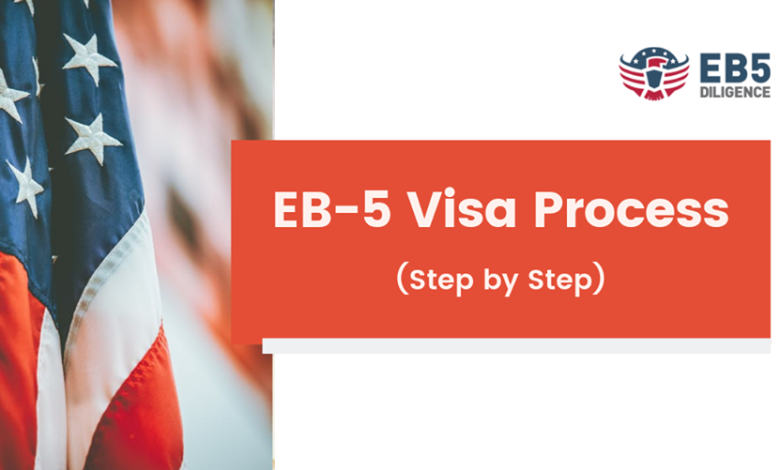Navigating the EB-5 Process: A Comprehensive Guide for Foreign Investors

The EB-5 Immigrant Investor Program, established in 1990, offers foreign investors the opportunity to obtain permanent residency in the United States by investing in new commercial enterprises that create jobs. Navigating the EB-5 process can be a complex and time-consuming experience for foreign investors. In this comprehensive guide, we will outline the key aspects of the EB-5 process to help foreign investors better understand and prepare for this exciting opportunity.
The EB-5 process begins with the selection of an eligible investment project or business. Foreign investors must carefully evaluate potential investments to ensure they meet the requirements of the program, including creating or preserving ten permanent full-time jobs for qualifying U.S. workers within two years of the investment date.
Once an eligible investment project or business has been identified, the foreign investor must file an I-526, Immigrant Petition by Alien Entrepreneur, with the United States Citizenship and Immigration Services (USCIS). This petition includes details of the investment, the investor’s qualifications, and the creation of the required jobs.
Approval of the I-526 petition grants the foreign investor conditional permanent residency for a two-year period. During this time, the investor must ensure that the investment remains active and that the promised jobs have been created. Once the two-year conditional period has elapsed, the investor may file an I-829, Petition by Entrepreneur to Remove Conditions, to demonstrate that the investment has been maintained and that the jobs have been sustained.
From Application to Approval: The Important Stages of the EB-5 Investment Process
The EB-5 investment process involves several critical stages that must be navigated carefully to ensure the success of the application. In this section, we will discuss each stage in greater detail.
- Selection of Eligible Investment: The first stage of the EB-5 process involves the selection of an eligible investment project or business. Foreign investors must conduct extensive due diligence to ensure that the investment meets the program’s requirements and offers a reasonable chance of success.
- Filing of I-526 Petition: After identifying an eligible investment, the foreign investor submits an I-526 petition, which includes details of the investment, the investor’s qualifications, and the creation of the required jobs.
- Conditional Permanent Residency: Upon approval of the I-526 petition, the foreign investor is granted conditional permanent residency for a two-year period. During this time, they must ensure that the investment remains active and that the promised jobs have been created.
- Filing of I-829 Petition: After the two-year conditional period, the investor may file an I-829 petition to remove the conditions on their permanent residency. This petition requires demonstrating that the investment has been maintained and that the jobs have been sustained.
Demystifying the EB-5 Process: Understanding the Role of Due Diligence and Compliance
Due diligence and compliance are crucial aspects of the EB-5 investment process. Foreign investors must conduct thorough research on potential investments and ensure that they meet the program’s requirements to maximize their chances ofsuccess. In this section, we will discuss these critical components in more detail.
- Due Diligence: Due diligence refers to the process of investigating and evaluating an investment to verify its legitimacy, ensure compliance with applicable laws, and assess its financial and operational risks. In the context of the EB-5 program, foreign investors must conduct extensive due diligence on potential investments to ensure they meet the program’s requirements and offer a reasonable chance of success. This involves assessing the business plan, market conditions, competition, and financial projections, among other factors.
- Compliance: Compliance with the EB-5 program’s requirements is essential to ensure the success of an application. Foreign investors must demonstrate that their investment meets the program’s job creation and capital investment thresholds, and that they meet the qualifications for the program. Failure to comply with these requirements can result in application denials or, in the worst-case scenario, deportation. As such, it is essential for foreign investors to work with experienced professionals familiar with the EB-5 program and its regulations to ensure compliance throughout the process.





